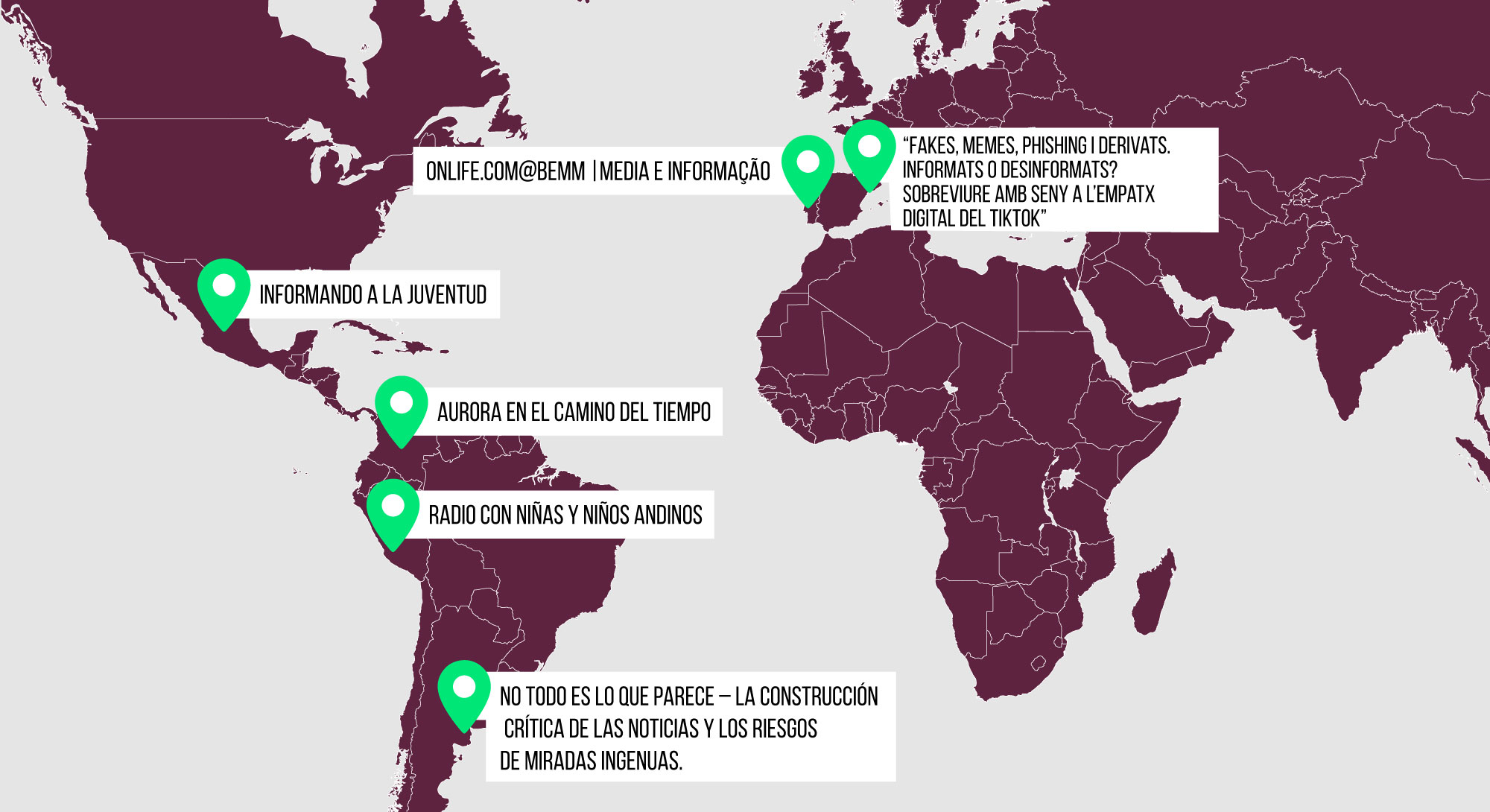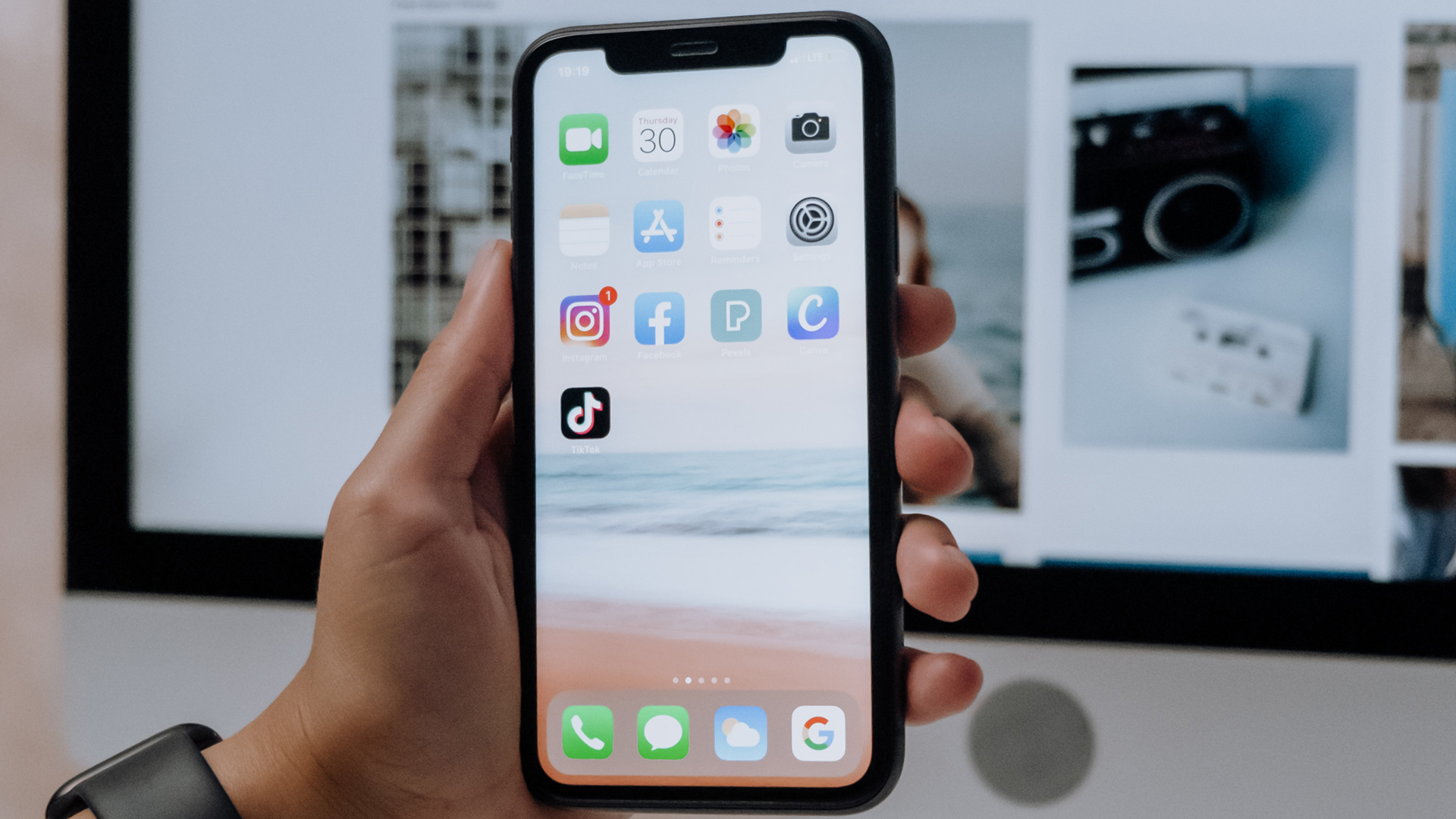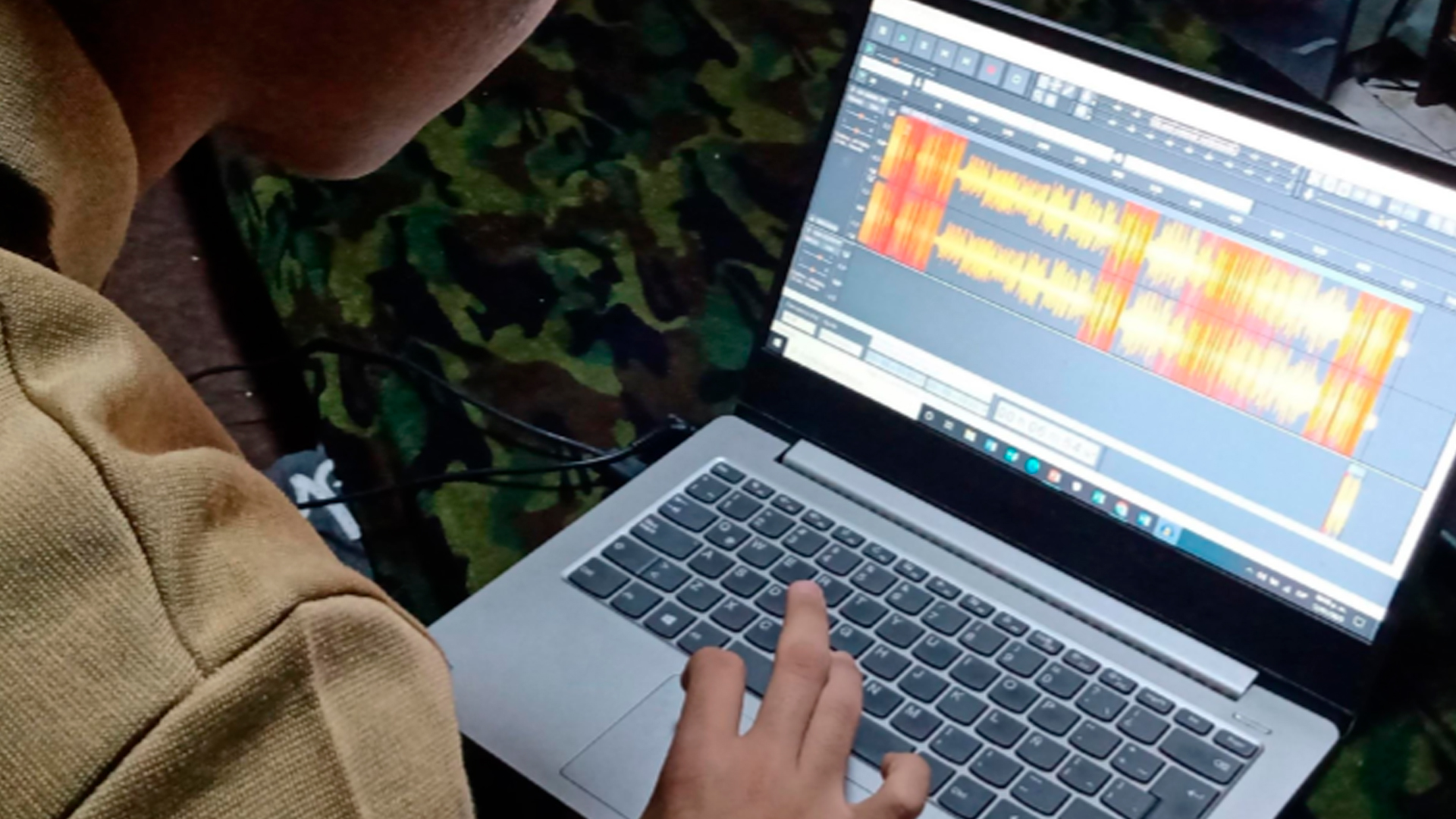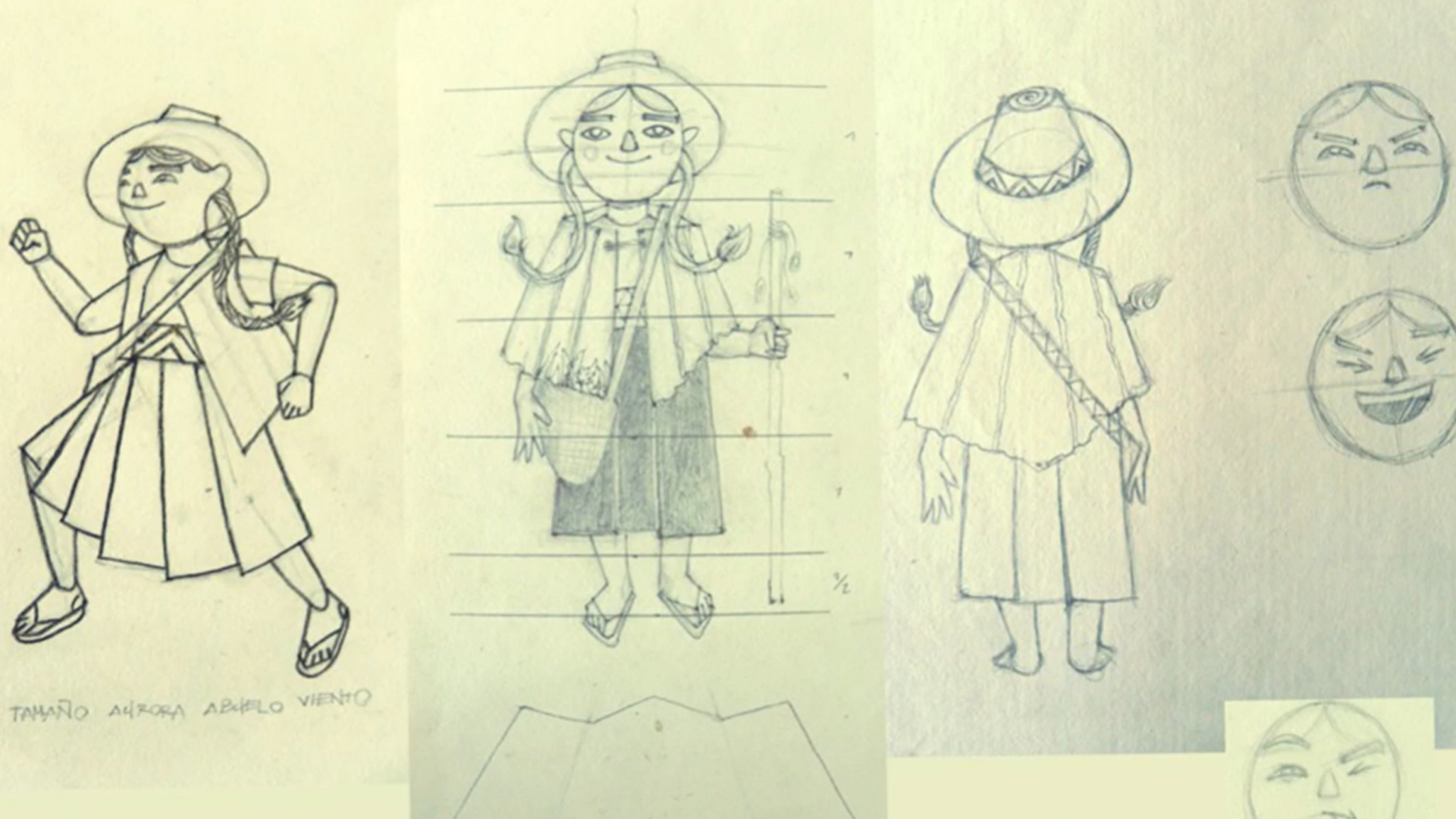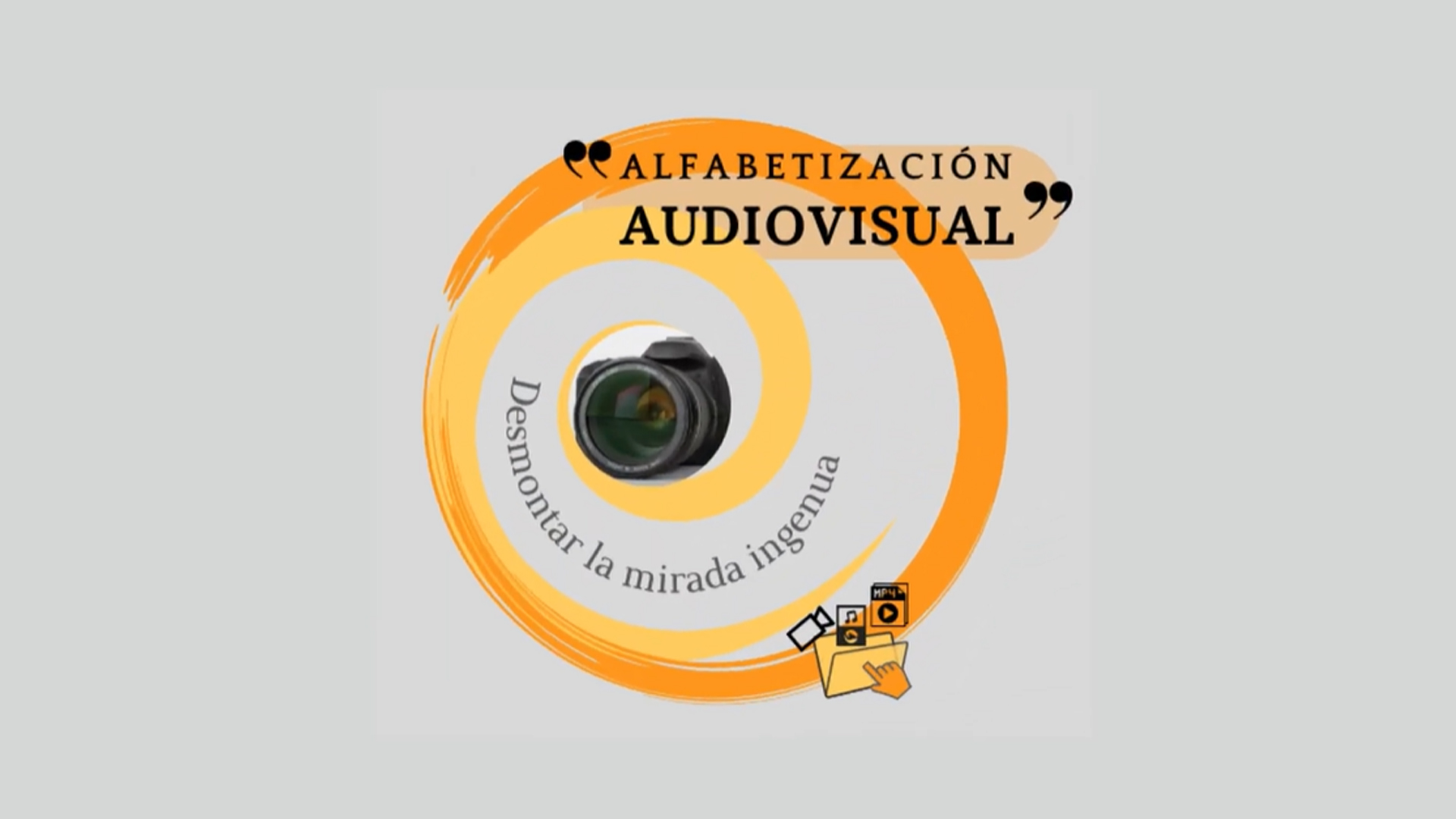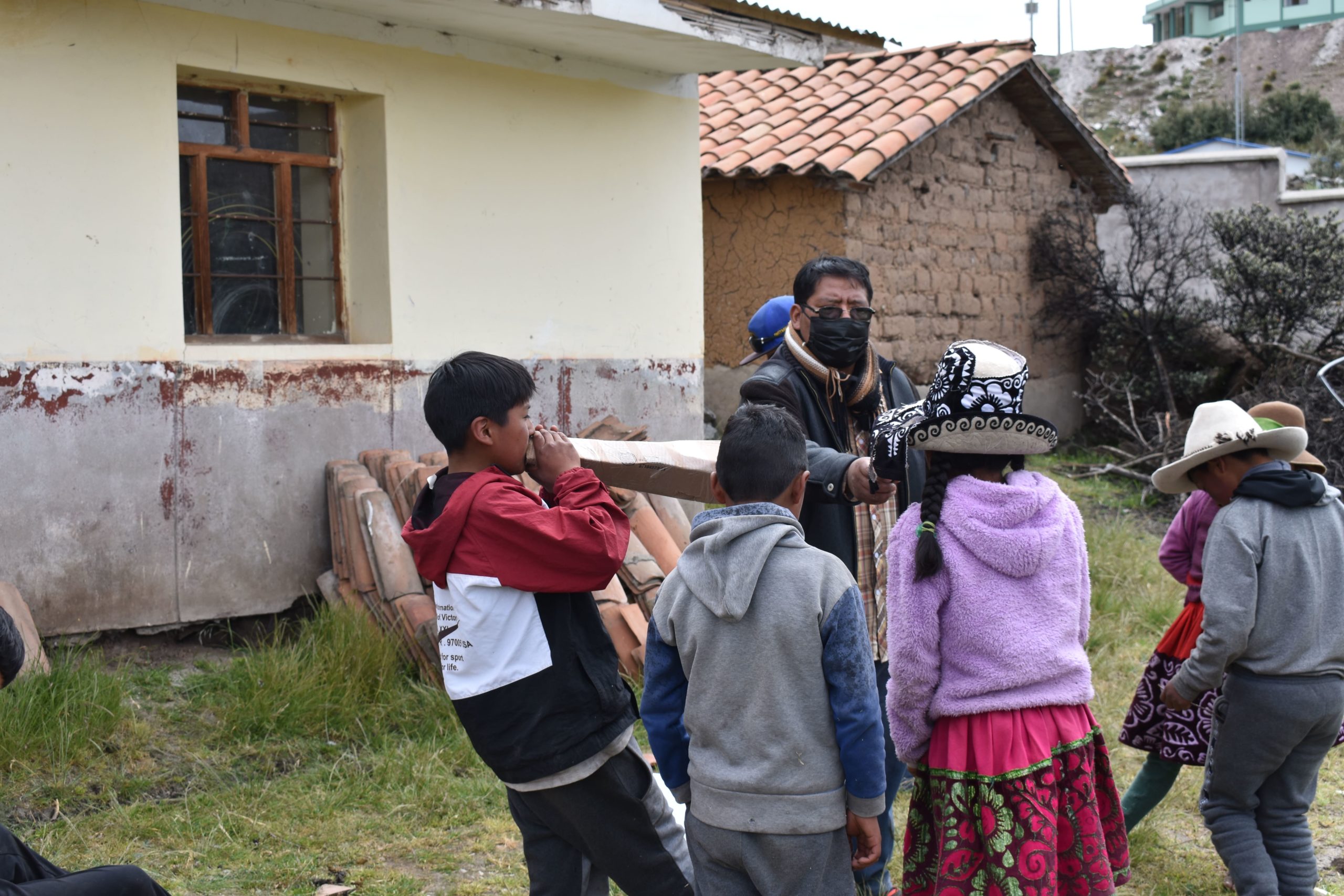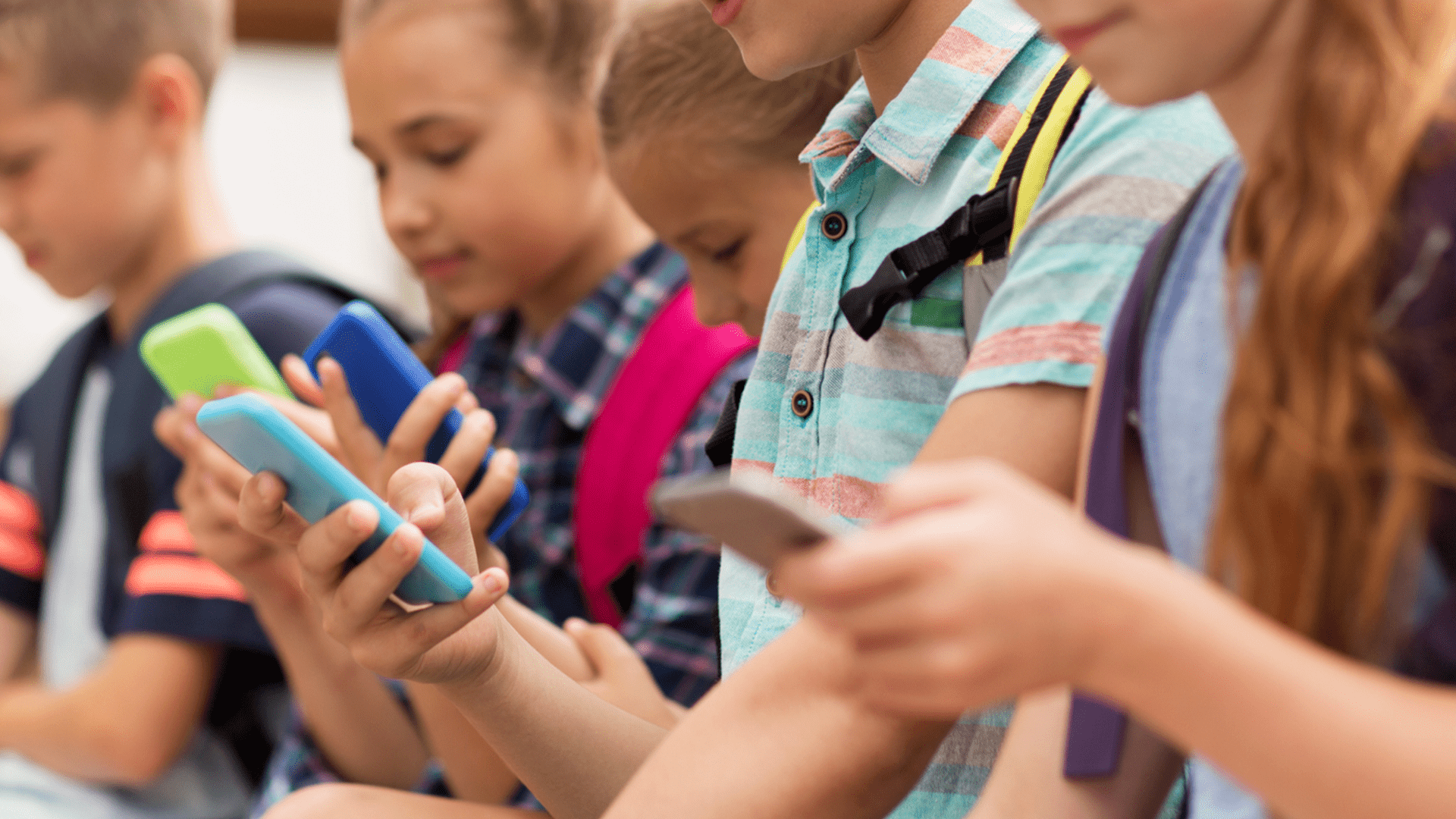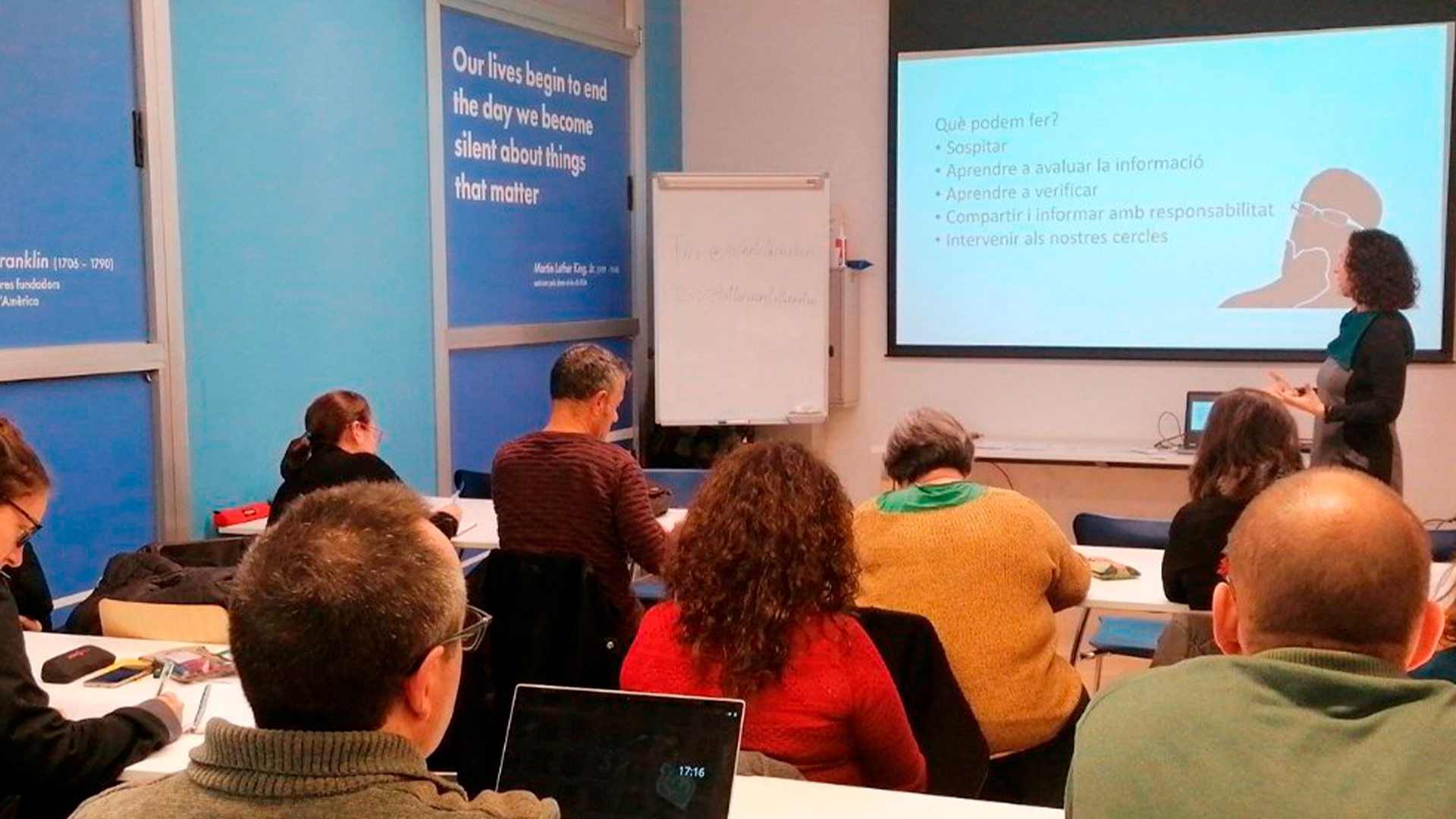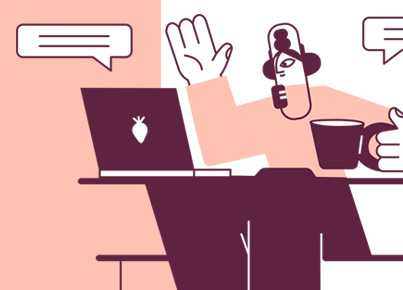
Challenge for Media Education
The Challenge for Media Education promotes Media and Information Literacy (MIL) in formal education institutions through the identification of best learning practices, and the transfer of tools, resources, materials and concrete learning experiences specifically created to address MIL-related issues in their classrooms.
- Introduction
- Teacher training
- Extra learning resources
- Selection of learning experiences
The Challenge for Media Education promotes Media and Information Literacy (MIL) in formal education institutions through the identification of best learning practices, and the transfer of tools, resources, materials and concrete learning experiences specifically created to address MIL-related issues in their classrooms.
The challenge has identified the best MIL-related experiences undertaken in schools from Argentina, Catalonia, Colombia, Mexico, Peru and Portugal and will train other teachers from these communities in the design of learning experiences around these topics, building on the previously selected best practices.
To achieve that, more than 50 experiences in integrating MIL in these communities’ classrooms were preselected in collaboration with ENACOM CAC, CRC, IFT, CONCORTV y ERC as well as other stakeholders from the educational ecosystem and the public sector. The selected six will be presented by their authors during the MWC Barcelona 2023.
The second part of the challenge will build on these identified practices to train teachers in the design and implementation of innovative learning experiences that have MIL at their core.

It is necessary to provide students with resources and tools so they can learn how to compare and contrast information, assess mass media, recognize evidence, identify biases and politicized statements, distinguish between false and truthful information, and, also responsibly create and share their own content.
mSchools,
2023
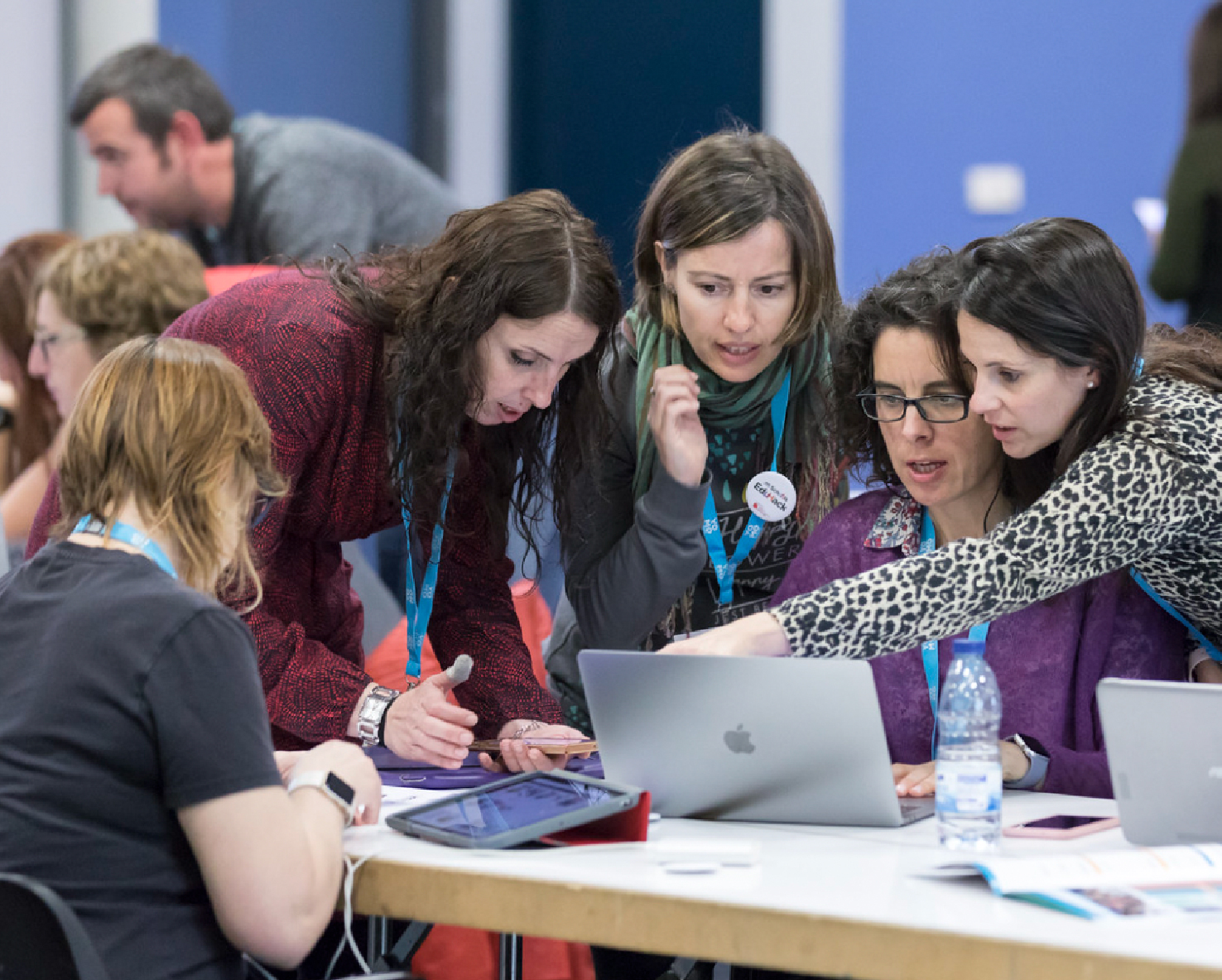
What is a learning experience?
A learning experience is a proposal developed along a series of sessions (such as a project, an itinirary of activities, a didactic unit…) with the aim of achieving real, significant, situated learning, and where active/agile methodologies, challenge students facing them with problems and challenges that enhance their competencies, while placing them at the core of their own learning process.
Topics of the learning experiences
Misinformation: Education for the critical consumption of information
- Learn to contextualize, compare and contrast data, and to distinguish between false and truthful information.
- Analyze mass media platforms with a proper mindset.
Active and responsible digital citizenship.
- Shape conscious and sensitized individuals who know how to inform themselves about the main worldwide issues, as well as how to look for possible solutions.
- Develop social and emotional skills: leadership, autonomy, trust, curiosity and civic and social responsibility.
- Foster content creation that contributes to bulding more inclusive societies.
Digital identity and online security
- Recognize the right to privacy and understand the dangers that come with the use of internet, as well as the dynamics underneath algorithms, advertising and influencers.
- Learn to protect personal data, to reduce the digital fingerprint, and to build a solid and healthy digital identity.
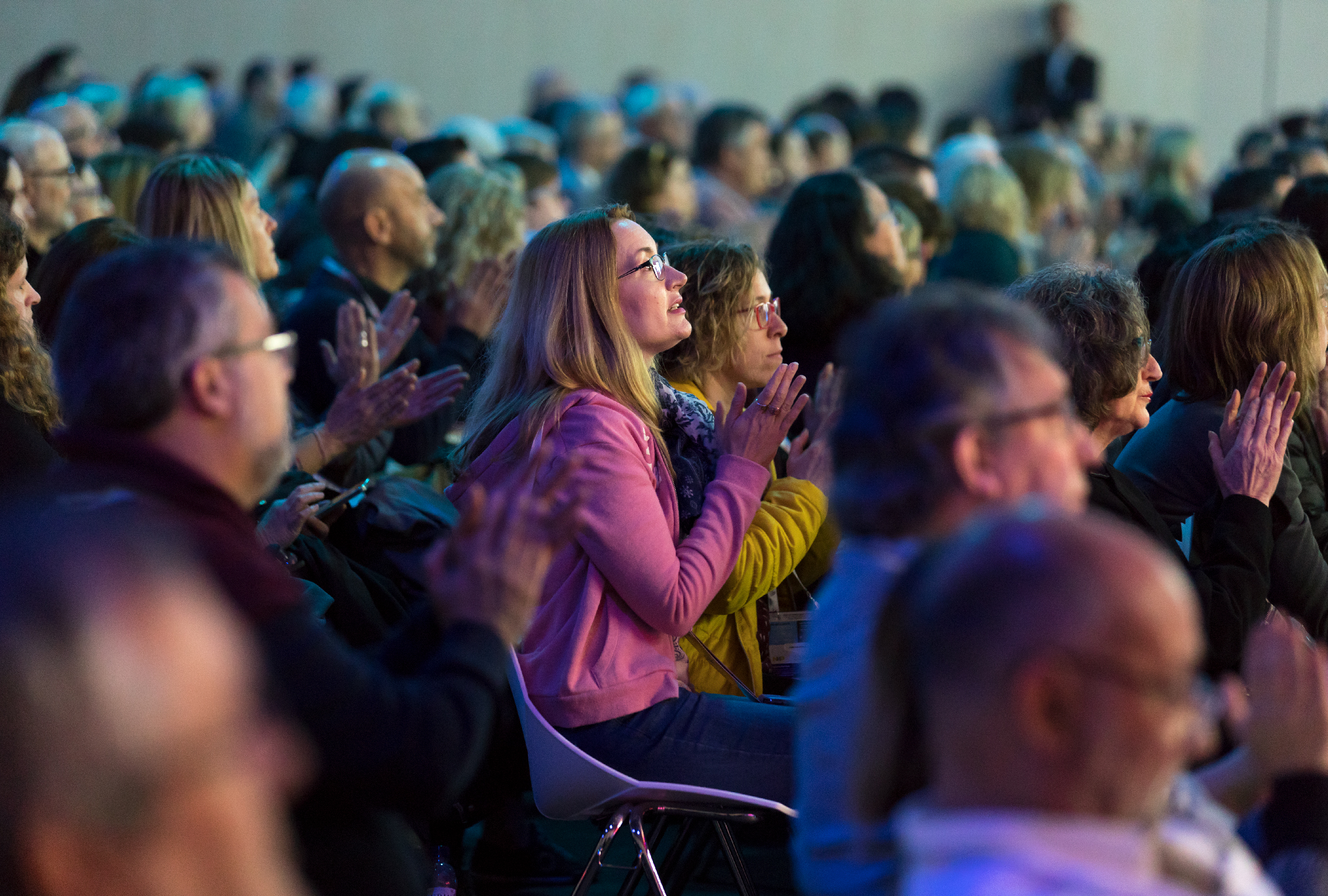
Selected learning experiences at the MCW 2023 in Barcelona
Selected teachers will have the opportunity to present their teaching proposal at a special event in Barcelona within the framework of the MWC 2023, the most important technology-related event worldwide, which is held in Barcelona from February 27 to March 2 in 2023.
Organizing Institutions
This initiative has been developed by mSchools in collaboration with the following audiovisual regulatory authorities: The Consell de l’Audiovisual de Catalunya (CAC), the Comisión de Regulación de Comunicaciones (CRC) from Colombia, the Consejo Consultivo de Radio y Televisión (CONCORTV) from Peru, the Ente Nacional de Comunicaciones (ENACOM) from Argentina, the Entidade Reguladora para a Comunicação Social (ERC) from Portugal and the Instituto Federal de Telecomunicaciones (IFT) from Mexico.






Phase 2: objectives
The main purpose of this second stage of the challenge is focused on training teachers from the 6 educational communities who participated in this initiative in the design and implementation of a learning experience related to Media and Information Literacy.
Structure and methodology
The design of the learning experiences will be divided into three stages:
- Inspiration phase
- Ideation phase
- Implementation phase
The methodologies that will be used in this process will be:
- Design thinking
- Collaborative learning
- Gamification
- Learning by doing
- TPACK
Who can participate?
Teachers that will undertake the stage 2 training have been selected by the challenge’s regional partners.
Learning resources to work on MIL projects
Communication education program of the Audiovisual Council of Catalonia
Educational project to combat misinformation
NGO that fights against fake news and manipulation on the internet.
NGO that promotes critical thinking and reflexive use of tech
Selected classroom experiences
Discover the selection of educational proposals about MIL
